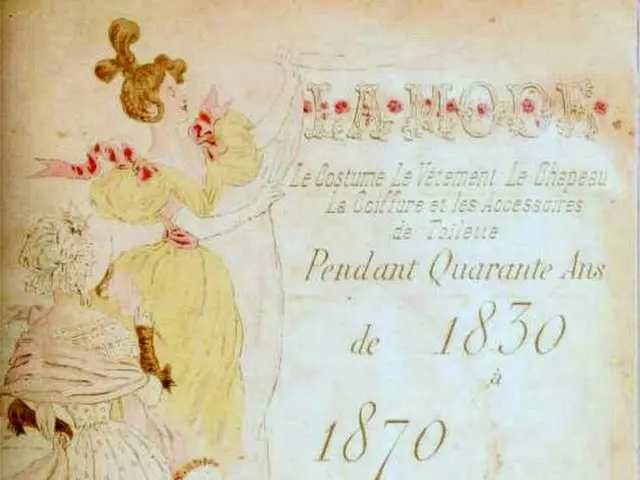FBI Discovers Grim Frankenstein-Esque Medical Experiments at Body Donation Center in Arizona
In the heart of Arizona, a chilling tale unfolded when FBI agents breached the premises of a body-donation company, the Biological Resource Center (BRC), unveiling a stomach-churning warehouse in 2014. This supposed haven for science turned out to be a ghoulish labyrinth, brimming with a refrigerator filled with penises, buckets of limbs, pools of blood, and a grisly spectacle of a human head sewn onto another body in a "Frankenstein" fashion.
The BRC, a for-profit body donation company, found itself in the crosshairs of a nationwide criminal investigation. Thirty-three plaintiffs, family members of the deceased, are now suing the business, alleging deception and improper treatment of their loved ones' remains.
Stephen Gore, the ex-owner of the BRC, was handed a four-year probation sentence in 2015 following a guilty plea for illegal enterprise control. However, he stands trial once more on October 21, 2019, due to this civil lawsuit.
Former FBI agent Mark Cwynar bore witness to grotesque scenes at the BRC, including numerous corpses that appeared to have been manipulated as a twisted joke. The most spine-chilling sight he beheld was a small woman's head sewn onto a large male body, eerily reminiscent of Mary Shelley's Frankenstein.
Court documents, as reported by The Arizona Republic, also included a macabre price list for various body parts:
- Whole body without shoulders or head: $2,900
- Torso with head: $2,400
- Whole spine: $950
- Whole leg: $1,100
- Whole foot: $450
- Knee: $375
- Pelvis: $400
An investigation by Reuters in 2017 revealed that the BRC, based in Arizona, received donations from over 5,000 people and distributed more than 20,000 body parts to various research facilities or medical training programs. After raiding the warehouse in 2014, agents discovered 10 tons of frozen human remains, including 281 heads, 241 shoulders, 337 legs, and 97 spines.
"I couldn't sleep at night after seeing that," Matthew Parker, a former agent who raided the warehouse and retired due to PTSD from the case, told Reuters. He described the scene as "a junkyard chop shop where they're just ripping things apart."
Emily Glynn, who interned at the "lab" in 2013, spoke to Reuters about her shocking experience at the BRC. During her internship, she claimed to have dismembered multiple bodies without formal training or instruction, even suggesting that she decapitated an elderly woman using a chainsaw from Home Depot.
The body-donation industry in the United States is largely unregulated, especially in Arizona. Until a law was passed in 2017, body donation companies in Arizona didn't require a state license to operate.
Despite scandals like this, body donation has a rich history in medical research and education, governed by the Uniform Anatomical Gift Act (UAGA). This act regulates the donation of cadavers for scientific purposes. However, controversies surrounding body donation persist, centering on ethical considerations, transparency, and the ethical treatment of donated bodies. These controversies are prevalent throughout the United States but aren't uniquely associated with Arizona.
- The chilling tale unfolded in Arizona involved a body-donation company, Biological Resource Center (BRC), that was accused of improper treatment of remains in medical-conditions and health-and-wellness news.
- Research facilities and medical training programs received body parts from the BRC, contributing to general news and science discussions on the importance of cadavers in research.
- In light of the scandal, the body-donation industry in the United States has faced questions about regulation, ethics, and transparency, particularly in Arizona.
- This case highlights the need for closer scrutiny of medical-conditions and crime-and-justice issues in the body-donation industry, with the Uniform Anatomical Gift Act (UAGA) being a key regulatory factor in health and wellness discussions.








